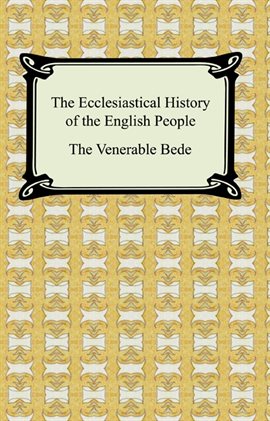
He clearly lays out his methodology in the introductory letter, and thus established a tradition of scrupulously checking the facts.
He checked his sources, requesting documents and information from libraries in all the other Anglo-Saxon kingdoms, correlating documents against each other, enquiring of eye-witnesses or descendants of eye-witnesses wherever possible. I have the old 1955 Penguin translation by Leo Sherley-Price, who translates the title as A History of the English Church and People.īede is called the Father of English History for several reasons: (He usefully provides us with a list of his works.)īut Bede is best-known for his masterpiece, regularly described as the first and greatest work of English history, the Historia ecclesiastica gentis Anglorum ( The Ecclesiastical History of the English People). Thus encouraged by kind sponsors and in a uniquely well-provisioned environment, Bede began to write, and went on to compose some 40 works, including commentaries on numerous books of the Bible, a life of St Cuthbert, lives of famous Saxon abbots, and so on. It also contained probably the most extensive library in Anglo-Saxon Britain. The honorific Venerable (as in ‘the Venerable Bede’) apparently derives from the tombstone erected some years after his death.īede was fortunate in that his monastery was run by the enlightened abbot, Benedict Biscop, and his successor, Ceolfrith, who both encouraged his historical studies. 
Bede was a monk who spent most of his life in the monastery of Saint Peter at Monkwearmouth and its companion monastery, Saint Paul’s in what is now modern Jarrow, both situated in the Dark Age Saxon kingdom of Northumbria.





 0 kommentar(er)
0 kommentar(er)
